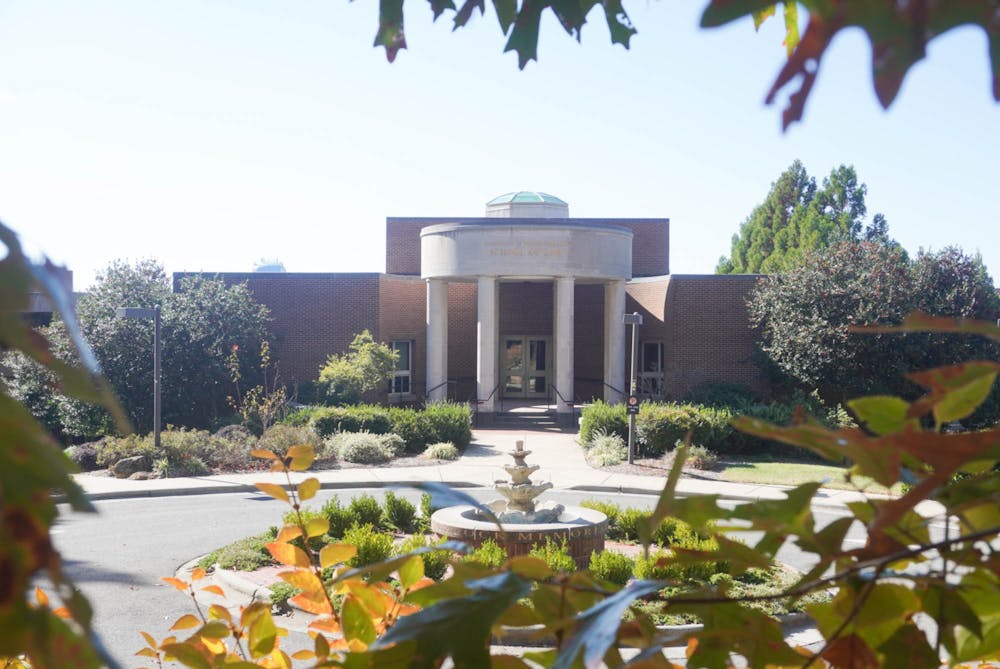In March 2023, Law Students for Climate Accountability, a student-led organization for climate justice, said that top law schools, in comparison to average law schools in the United States, produced "anti-climate" lawyers at higher rates, in an annual report.
Haley Czarnek, the national director of LSCA, wrote in an email to The Daily Tar Heel that in the organization's next report, the UNC School of Law will rank in the top 20 for producing "fossil fuel lawyers." The LSCA's March report defines this label as lawyers who "help climate polluters avoid accountability, write the contracts for climate-destroying fossil fuel projects, and lobby against environmental regulations."
“T-20 schools have produced nearly half of all US fossil fuel lawyers in our dataset,” the report said, adding that the top 20 national law schools produced fossil fuel lawyers at a rate of more than three times of the average U.S. law school.
Czarnek said that law firms categorize lawyers into different practice groups, with some not participating in work relating to fossil fuels, while others include lawyers who defend "climate polluters." She said that only lawyers who work in fossil fuel practices are considered fossil fuel lawyers and that the number of lawyers in a firm decides how the firm is graded on the LSCA scorecard.
Czarnek said that law firms have contributed to the climate crisis through lobbying, litigation and transactions.
“Law firms are actually pretty involved to the tune of tens of millions of dollars in fossil fuels lobbying. And so, it’s not only protecting them, it’s also trying to ensure that they never have to face liability because there just aren’t any laws on the books that would hold them accountable,” Czarnek said.
An LSCA dataset from 2022 — ranking 195 U.S. law schools based on the number of fossil fuel lawyers they produce — ranks UNC 19th, Czarnek wrote in an email to The DTH.
Maya Powell, a doctoral candidate in UNC's environment, ecology and energy program and co-chair of the Climate Crisis Committee — an organization within the graduate and professional student government — expressed concerns regarding UNC’s role in the climate crisis.
Powell spoke about UNC's cogeneration facility, saying that it has two cylinders, with one powered by coal and one powered by natural gas. She said that most students are unaware of the health and environmental consequences.




